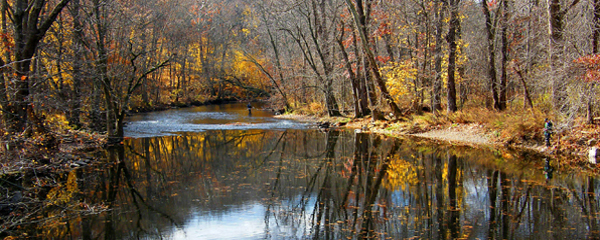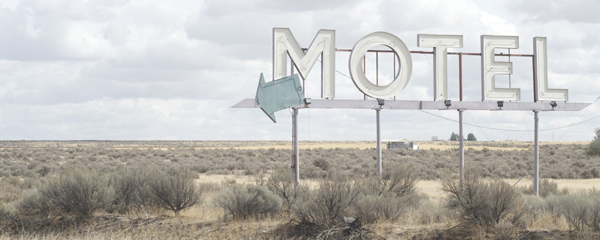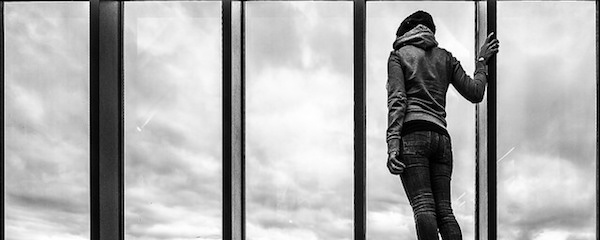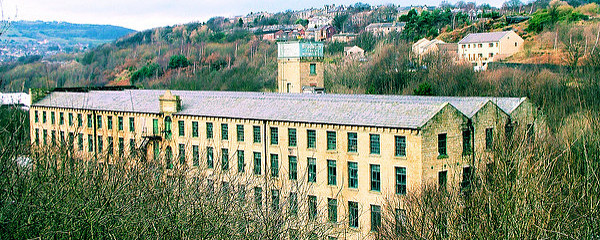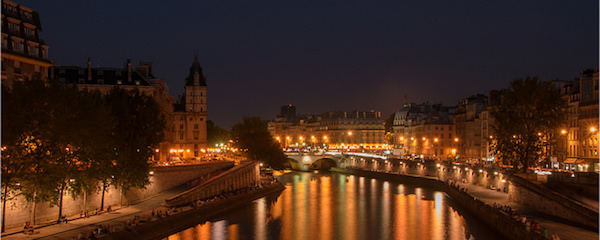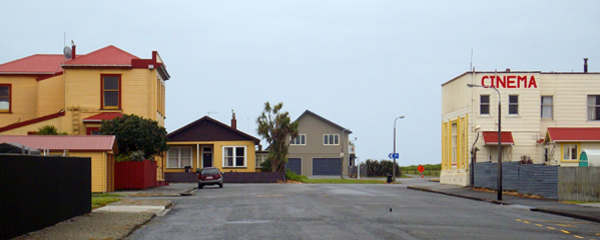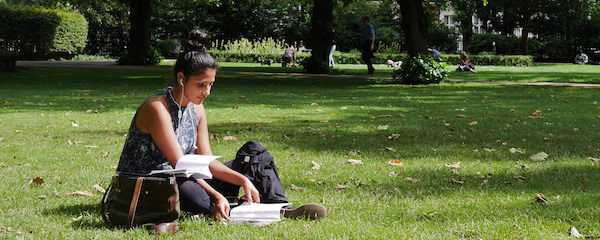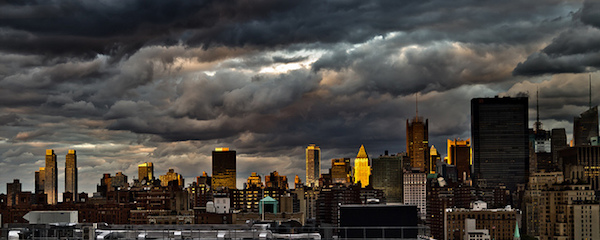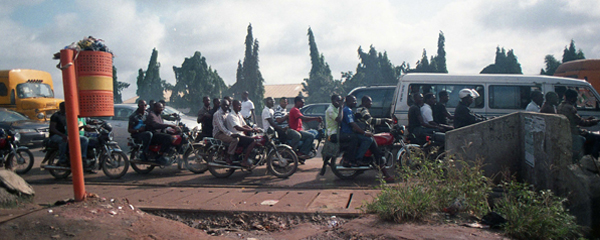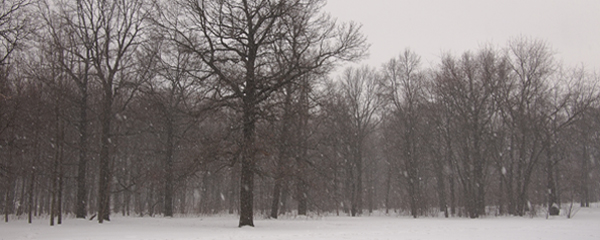Hemingway’s Secret
Shortlisted in the 2018 Feature Writing Competition PETER JORDAN examines the influence of dyslexia and the paintings of Cezanne on the short stories of Ernest Hemingway: ‘The defining qualities of Hemingway’s minimalist writing — short sentences, short paragraphs, the short concrete word over its longer equivalent, mistrust of subordinate clauses, omission, and suggestion — here perfectly characterise dyslexic writing…’
